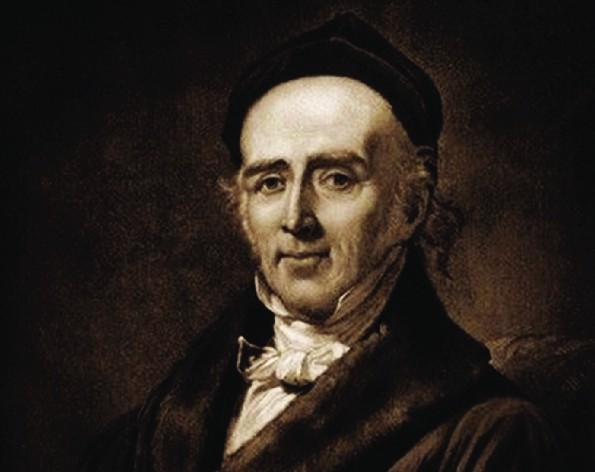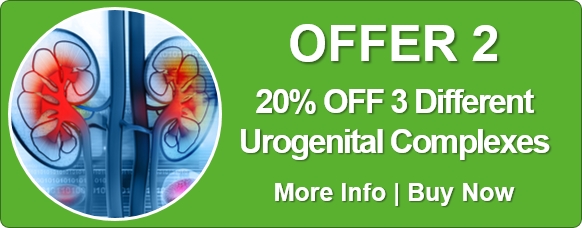The Organon – Aphorism 91-100

§ 91
The symptoms and feelings of the patient during a previous course of medicine do not furnish the pure picture of the disease; but on the other hand, those symptoms and ailments which he suffered from before the use of the medicines, or after they had been discontinued for several days, give the true fundamental idea of the original form of the disease, and these especially the physician must take note of. When the disease is of a chronic character, and the patient has been taking medicine up to the time he is seen, the physician may with advantage leave him some days quite without medicine, or in the meantime administer something of an unmedicinal nature and defer to a subsequent period the more precise scrutiny of the morbid symptoms, in order to be able to grasp in their purity the permanent uncontaminated symptoms of the old affection and to form a faithful picture of the disease.
§ 92
But if it be a disease of a rapid course, and if its serious character admit of no delay, the physician must content himself with observing the morbid condition, altered though it may be by medicines, if he cannot ascertain what symptoms were present before the employment of the medicines, – in order that he may at least form a just apprehension of the complete picture of the disease in its actual condition, that is to say, of the conjoint malady formed by the medicinal and original diseases, which from the use of inappropriate drugs is generally more serious and dangerous than was the original disease, and hence demands prompt and efficient aid; and by thus tracing out the complete picture of the disease he will be enabled to combat it with a suitable homoeopathic remedy, so that the patient shall not fall a sacrifice to the injurious drugs he was swallowed.
§ 93
If the disease has been brought on a short time or, in the case of a chronic affection, a considerable time previously, by some obvious cause, then the patient – or his friends when questioned privately – will mention it either spontaneously or when carefully interrogated.1
1 Any causes of a disgraceful character, which the patient or his friends do not like to confess, at least not voluntarily, the physician must endeavor to elicit by skilfully framing his questions, or by private information. To these belong poisoning or attempted suicide, onanism, indulgence in ordinary or unnatural debauchery, excess in wine, cordials, punch and other ardent beverages, or coffee, – over-indulgence in eating generally, or in some particular food of a hurtful character, – infection with venereal disease or itch, unfortunate love, jealousy, domestic infelicity, worry, grief on account of some family misfortune, ill-usage, balked revenge, injured pride, embarrassment of a pecuniary nature, superstitious fear, – hunger, – or an imperfection in the private parts, a rupture, a prolapse, and so forth.
§ 94
While inquiring into the state of chronic disease, the particular circumstances of the patient with regard to his ordinary occupations, his usual mode of living and diet, his domestic situation, and so forth, must be well considered and scrutinized, to ascertain what there is in them that may tend to produce or to maintain disease, in order that by their removal the recovery may by prompted.1
1 In chronic diseases of females it is specially necessary to pay attention to pregnancy, sterility, sexual desire, accouchements, miscarriages, suckling, and the state of the menstrual discharge. With respect to the last-named more particularly, we should not neglect to ascertain if it recurs at too short intervals, or is delayed beyond the proper time, how many days it lasts, whether its flow is continuous or interrupted, what is its general quality, how dark is its color, whether there is leucorrhoea before its appearance or after its termination, but especially by what bodily or mental ailments, what sensations and pains, it is preceded, accompanied or followed; if there is leucorrhoea, what is its nature, what sensations attend its flow, in what quantity it is, and what are the conditions and occasions under which it occurs?
§ 95
In chronic disease the investigation of the signs of disease above mentioned, and of all others, must be pursued as carefully and circumstantially as possible, and the most minute peculiarities must be attended to, partly because in these diseases they are the most characteristic and least resemble those of acute diseases, and if a cure is to be affected they cannot be too accurately noted; partly because the patients become so used to their long sufferings that they pay little or no heed to the lesser accessory symptoms, which are often very pregnant with meaning (characteristic) – often very useful in determining the choice of the remedy – and regard them almost as a necessary part of their condition, almost as health, the real feeling of which they have well-nigh forgotten in the sometimes fifteen or twenty years of suffering, and they can scarcely bring themselves to believe that these accessory symptoms, these greater or less deviations from the healthy state, can have any connection with their principal malady.
§ 96
Besides this, patients themselves differ so much in their dispositions, that some, especially the so-called hypochondriacs and other persons of great sensitiveness and impatient of suffering, portray their symptoms in too vivid colors and, in order to induce the physician to give them relief, describe their ailments in exaggerated expression.1
1 A pure fabrication of symptoms and sufferings will never be met with in hypochondriacs, even in the most impatient of them – a comparison of the sufferings they complain of at various times when the physician gives them nothing at all, or something quite unmedical, proves this plainly; – but we must deduct something from their exaggeration, at all events ascribe the strong character of their expressions to their expressions when talking of their ailments becomes of itself an important symptom in the list of features of which the portrait of the disease is composed. The case is different with insane persons and rascally feigners of disease.
§ 97
Other individuals of an opposite character, however, partly from indolence, partly from false modesty, partly from a kind of mildness of disposition or weakness of mind, refrain from mentioning a number of their symptoms, describe them in vague terms, or allege some of them to be of no consequence.
§ 98
Now, as certainly as we should listen particularly to the patient’s description of his sufferings and sensations, and attach credence especially to his own expressions wherewith he endeavors to make us understand his ailments – because in the mouths of his friends and attendants they are usually altered and erroneously stated, – so certainly, on the other hand, in all diseases, but especially in the chronic ones, the investigation of the true, complete picture and its peculiarities demands especial circumspection, tact, knowledge of human nature, caution in conducting the inquiry and patience in an eminent degree.
§ 99
On the whole, the investigation of acute diseases, or of such as have existed but a short time, is much the easiest for the physician, because all the phenomena and deviations from the health that has been put recently lost are still fresh in the memory of the patient and his friends, still continue to be novel and striking. The physician certainly requires to know everything in such cases also; but he has much less to inquire into; they are for the most part spontaneously detailed to him.
§ 100
In investigating the totality of the symptoms of epidemic and sporadic diseases it is quite immaterial whether or not something similar has ever appeared in the world before under the same or any other name. The novelty or peculiarity of a disease of that kind makes no difference either in the mode of examining or of treating it, as the physician must any way regard to pure picture of every prevailing disease as if it were something new and unknown, and investigate it thoroughly for itself, if he desire to practice medicine in a real and radical manner, never substituting conjecture for actual observation, never taking for granted that the case of disease before him is already wholly or partially known, but always carefully examining it in all its phases; and this mode of procedure is all the more requisite in such cases, as a careful examination will show that every prevailing disease is in many respects a phenomenon of a unique character, differing vastly from all previous epidemics, to which certain names have been falsely applied – with the exception of those epidemics resulting from a contagious principle that always remains the same, such as smallpox, measles, etc.







